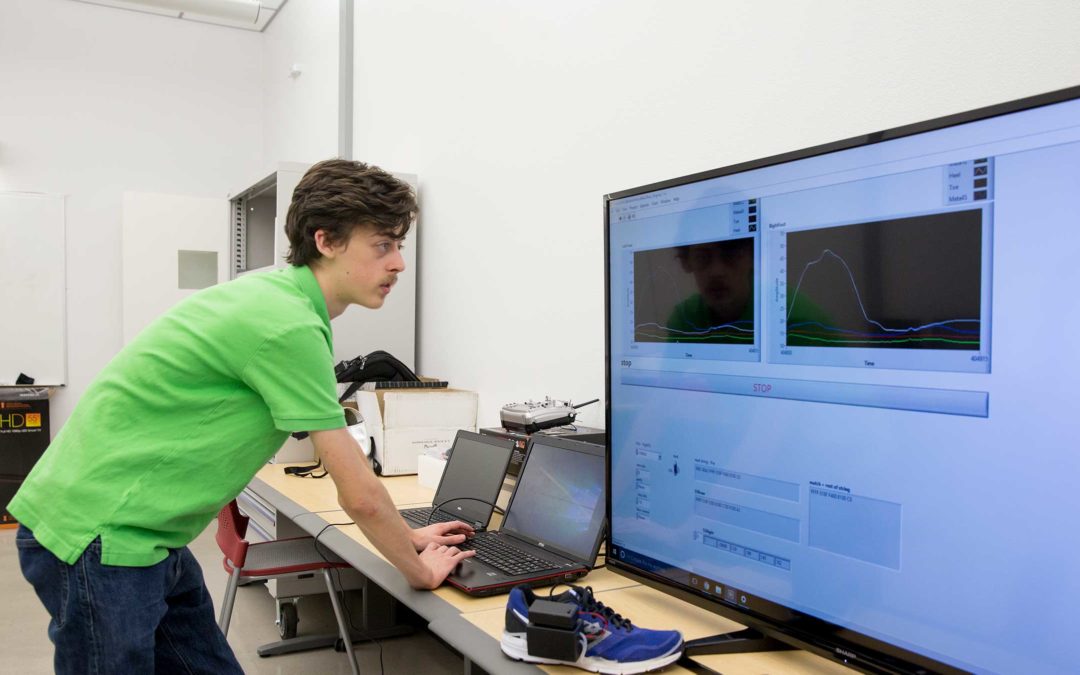Program description
Degree options
Human Systems Engineering MS
A broad range of professions needs experts in human factors to work on problems that involve an understanding of human performance. Students gain real-world experience by tackling projects that examine cutting-edge issues such as cell phones as a source of driver distraction, detection of improvised explosive devices, process optimization in health care, and even control of unmanned vehicles.
Interest areas include user experience, aviation human factors, cognitive performance, consumer psychology, transportation human factors, patient safety, effective teamwork, human-robot teaming, health psychology, learning optimization, social cognition, threat detection and sports psychology.
Recent graduates are working at places like Intel, Boeing, GoDaddy, Mayo Clinic, PayPal, Motorola, Google and the Air Force Research Lab. Recipients of this ASU master’s degree also have gone on to pursue doctorates at ASU and other prestigious institutions.
*GRE Waiver: GRE scores will NOT be required for all MS applications for Spring 2022 and Fall 2022 admission terms. Terms beyond that are subject to change. GRE waivers do not apply to PhD applications.
Application deadlines
Fall: April 1
Spring: September 15
Human Systems Engineering PhD
The program name change from Simulation, Modeling, and Applied Cognitive Science to Human Systems Engineering is effective Fall 2017.
Human systems engineering describes a growing transdisciplinary field (including the disciplines of psychology, engineering and computer science) that explores how people interact with technological and social systems in contexts that include transportation, medicine, military, computing and other complex systems. Cognitive science provides the foundation necessary for integrating human capabilities and limitations into complex sociotechnical systems (i.e., the practice of cognitive engineering), and the application of cognitive science relies heavily on a variety of methods including experimentation, simulation, modeling, and user and task analysis.
Examples of possible research topics include:
- Development of intelligent agents
- Driver distraction
- Dynamical systems models of team interaction
- Business decision-making
- Cyber security analysis
- Cognitive modeling
- Modeling sociocultural systems
- Health care human factors
- Nuclear control room human system integration
- Pilot training research
- Tests of future airspace control concepts
This Ph.D. is designed to produce individuals who are well-grounded in cognitive science and skilled in its methods and applications. Employers (e.g., Department of Defense, Federal Aviation Administration, Nuclear Regulatory Commission, hospitals, industry) have an ever-increasing demand for personnel who can bridge the gap between rigorous science and solutions to real-world problems. The Ph.D. degree will provide transdisciplinary, research-driven training in applied cognitive science and human systems engineering.
Application deadline
Fall: December 31
Contact Us
The Polytechnic School
Graduate advising office
[email protected]
